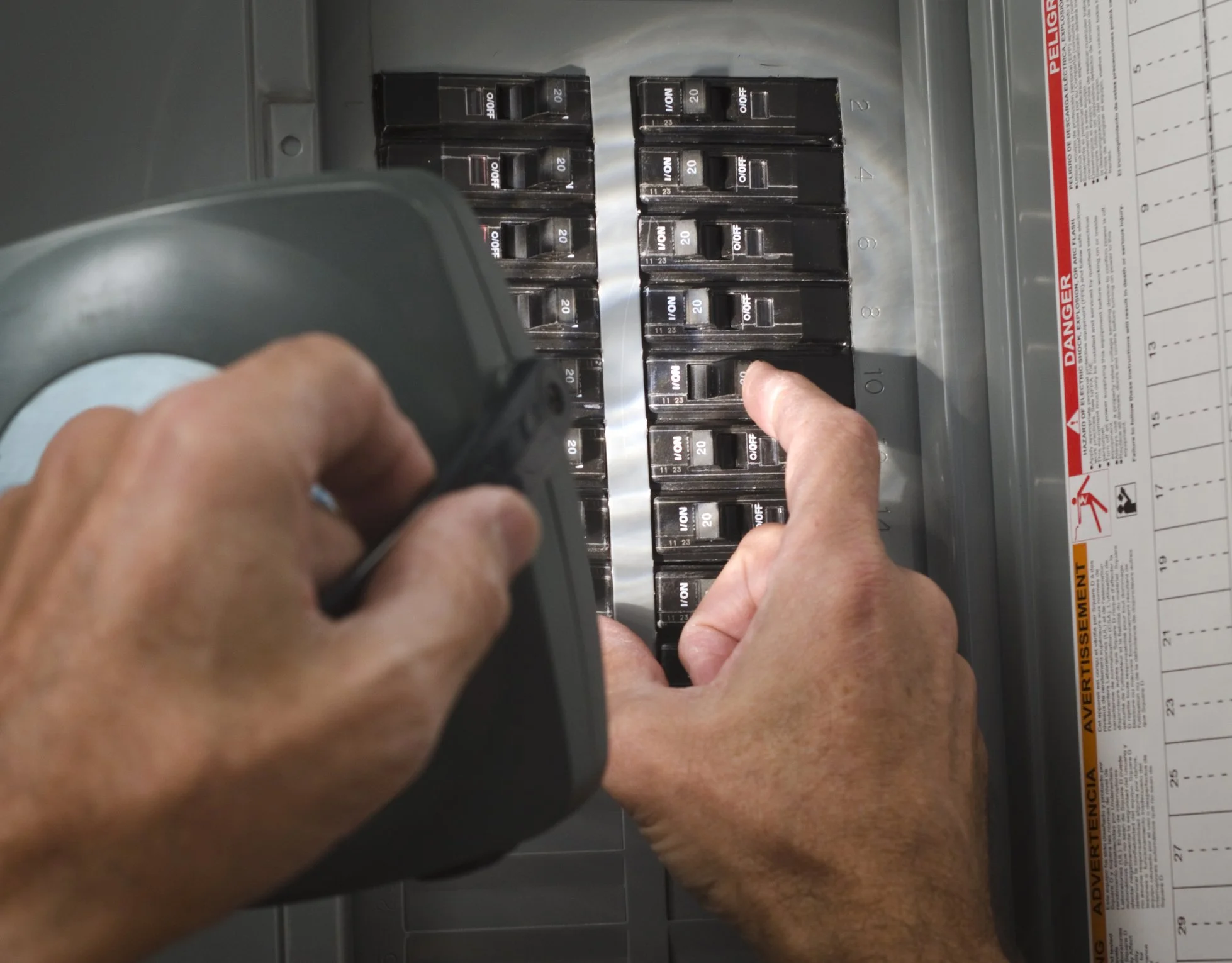What Causes Circuit Breakers to Keep Tripping?
If you’ve noticed your circuit breaker frequently tripping, you’re not alone! Many homeowners experience this issue, which is not only frustrating but can also indicate potential electrical hazards. Circuit breakers trip as a safety feature to protect your home’s wiring from overheating, which can lead to fires or equipment damage. Below, we’ll explore three common reasons why circuit breakers trip and what professional electricians can do to solve these issues for good.
1. Overloaded Circuits
Cause: An overloaded circuit occurs when too many devices or appliances are running on the same circuit, pulling more current than it was designed to handle. Common areas where this happens include kitchens, bathrooms, and home offices, where high-powered appliances are often used.
Solution: Electricians can identify which circuits are frequently overloaded and recommend redistributing the load. For a long-term solution, they may install additional circuits or dedicated circuits for high-energy appliances. This not only prevents tripping but also makes your home’s electrical system more efficient and safer.
2. Short Circuits
Cause: A short circuit happens when a “hot” wire (carrying current) touches a “neutral” wire, resulting in excessive current flow and triggering the breaker. Short circuits can be caused by faulty wiring, damaged appliance cords, or issues within an outlet or light fixture.
Solution: Electricians can use tools like multimeters to locate the short and repair or replace the damaged wiring or components. In some cases, they might need to rewire parts of your home if the issue is widespread. Addressing short circuits quickly is essential, as they pose serious fire hazards.
3. Ground Faults
Cause: Ground faults occur when a “hot” wire makes contact with a ground wire or a grounded surface, causing a surge in current. This issue is particularly common in areas with high moisture, such as kitchens, bathrooms, and outdoor circuits.
Solution: Electricians can install Ground Fault Circuit Interrupters (GFCIs) to protect against ground faults. GFCI outlets are designed to detect imbalances in current flow and will automatically shut off power, preventing both circuit tripping and potential electric shocks. If there’s already a GFCI in place, an electrician can inspect it to ensure it’s working properly and upgrade it if needed.
Additional Tips to Prevent Tripping Breakers
To keep your electrical system in top shape and reduce the chances of circuit breakers tripping:
Avoid plugging multiple high-powered devices into one outlet or power strip.
Turn off and unplug appliances when not in use to reduce power load.
Schedule regular electrical inspections, especially if your home is older, to catch issues early and ensure your system is up to code.
If your circuit breaker keeps tripping, it’s a sign worth paying attention to. Working with a licensed electrician to troubleshoot and resolve these issues can prevent damage to your appliances and protect your home from electrical fires.
~~~
The professionals at Allstate Electric llc would be pleased to meet with property owners in Northern New Jersey to discuss all of your electrical installation, renovation, maintenance, and emergency needs.

